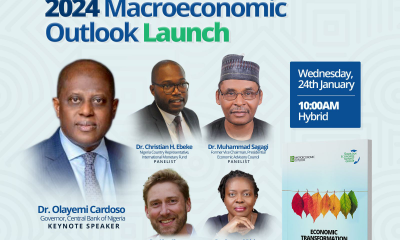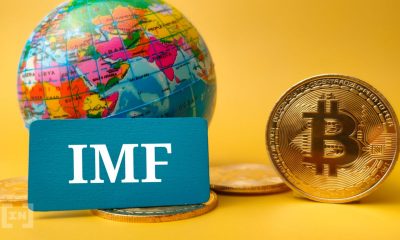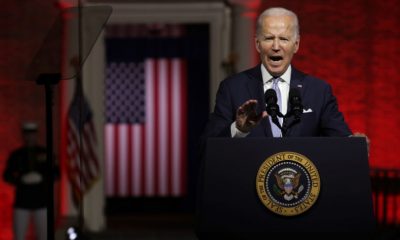Trade policies of the United States President, Donald Trump is currently one of the biggest global threats as investors await clarity on the possibility that the U.S.-China talks will ease global uncertainties.
According to the International Monetary Fund (IMF) forecast in its October 2019 World Economic Outlook (WEO), global growth estimate for 2019 was as high as 3.9% in mid-2018.
However, economic momentum and weaker investment led to the slashing of the estimated growth as it reached a near standstill pace of 1.1% from 3.6% last year, though it also sees a pickup to 3.2% in 2020.
This downward revision can be attributed to a number of factors such as continuing trade conflicts that have undercut business confidence and investment.
According to the IMF Chief Economist Gita Gopinath, the global economy is experiencing “a synchronized slowdown and uncertain recovery, “There is no room for policy mistakes and an urgent need for policymakers to cooperatively de-escalate trade and geopolitical tensions.” Gopinath said.
Recall that the new Managing Director of the IMF, Kristalina Georgieva expressed her worries and issued a warning during her inaugural speech stating that the global economy would witness a synchronized slowdown in growth if they fail to resolve trade conflicts and work together.
Georgieva had also hinted that the cumulative effect of trade conflicts would result in a $700 billion reduction in global Gross Domestic Product (GDP) output by 2020, or around 0.8%.
If trade tensions continue in the path of increasing escalations, the Nigerian economy will suffer from it as the current tensed global trade environment will keep foreign investors on the sidelines.
The continuing trade conflicts in the longer term could also hurt global demand in oil, thus pushing the benchmark price lower which in effect would cause a contraction in Nigeria’s economic growth as the country is heavily dependent on oil exports.

 Entertainment6 days ago
Entertainment6 days ago
 Health5 days ago
Health5 days ago
 Crime5 days ago
Crime5 days ago
 Education7 days ago
Education7 days ago
 Health7 days ago
Health7 days ago
 Comments and Issues6 days ago
Comments and Issues6 days ago
 Football6 days ago
Football6 days ago
 Latest6 days ago
Latest6 days ago












